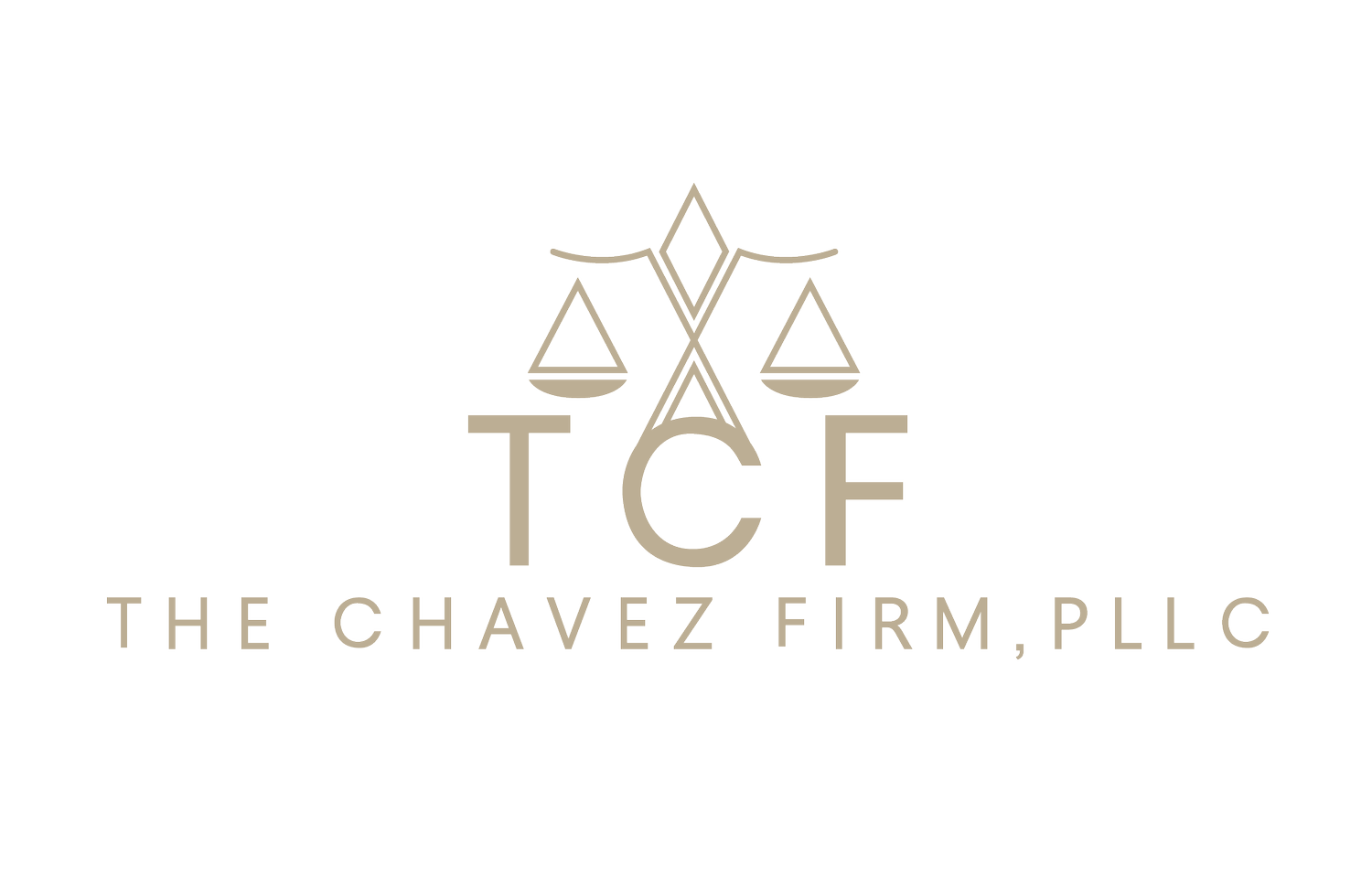Applications for Family Unity Process to Open August 19, 2024
Author: Angelita Chavez
Update: As of November 7, 2024 USCIS stopped accepting and processing all PIP requests due to a final judgement in the case of State of Texas v. Department of Homeland Security, Case Number 24-cv-306 (E.D.T.X. Nov. 7, 2024). See USCIS announcement for more details.
————————————————————————————————————————————————————-
July 17, 2024
The United States Citizenship and Immigration Services (USCIS) has announced that it will begin accepting Parole in Place applications for spouses and certain children of US citizens beginning August 19, 2024.
What is the Family Unity Process?
The Department of Homeland Security (DHS) previously announced a process that would allow certain relatives of US citizens to apply for Parole in Place (PIP) that if approved, would allow this narrow group of relatives to apply for lawful permanent resident status.
Who is eligible?
Eligibility for this form of relief is limited to individuals who:
Were legally married to a US citizen as of June 17, 2024;
Have been in the US continuously for at least 10 years;
Do not have any criminal history or immigration history that would disqualify them from adjusting status;
Are otherwise eligible to adjust status; and
Merit favorable discretion.
Certain minor children may also apply for PIP if they meet the criteria and their parents have a legally valid marriage as of June 17, 2024 or earlier. As noted in the eligibility criteria above, USCIS will make decisions on a case-by-case basis and in their discretion, may deny applications for PIP.
What Should I Expect Next?
Information about the PIP will be published in the Federal Register notice before the process will open up on August 19, 2024. Potential applicants can prepare by gathering evidence of their legally valid marriage as of June 17, 2024 and evidence continuous physical presence in the US for 10 years. Examples of such evidence may include:
Utility, cell, insurance, and medical bills
School records
Proof of rental payments
Bank account records
Evidence of car insurance/payments
Licenses, renewals, prior copies
Memberships in gyms or stores
Photographs
Birth certificates of US born children
Avoid Immigration Scams:
Unfortunately, immigration scams are rampant in the US. Avoid immigration scams during this process. Here are some actions you can take to protect yourself:
Do not apply for this process now or pay any fees as it is not yet open
Only seek legal advice from a licensed and experienced immigration attorney
Do not hire an unlicensed or disbarred attorney for this process
Beware of individuals making guarantees about approvals on your case
Ensure you keep copies of your immigration files and all forms filed on your behalf and that of your family
Review all USCIS forms carefully before you sign to ensure all information is accurate before this is filed
Lastly, please remember that notarios are not attorneys and cannot provide legal advice. In fact, many states have legislation that makes this and other forms of unauthorized practice of law illegal. Similarly, disbarred or unlicensed individuals are not permitted to provide legal advice. Read this USCIS advisory on Notario Fraud and for more details on the PIP process, read the USCIS FAQ here.
Questions? Call TCF at 541-357-8381 or see our availability.
DISCLAIMER: This Blog content is not a substitute for legal counsel and does not form an attorney-client relationship. Our “Immigration Moment” articles are purely for information purposes and do not constitute legal advice.
